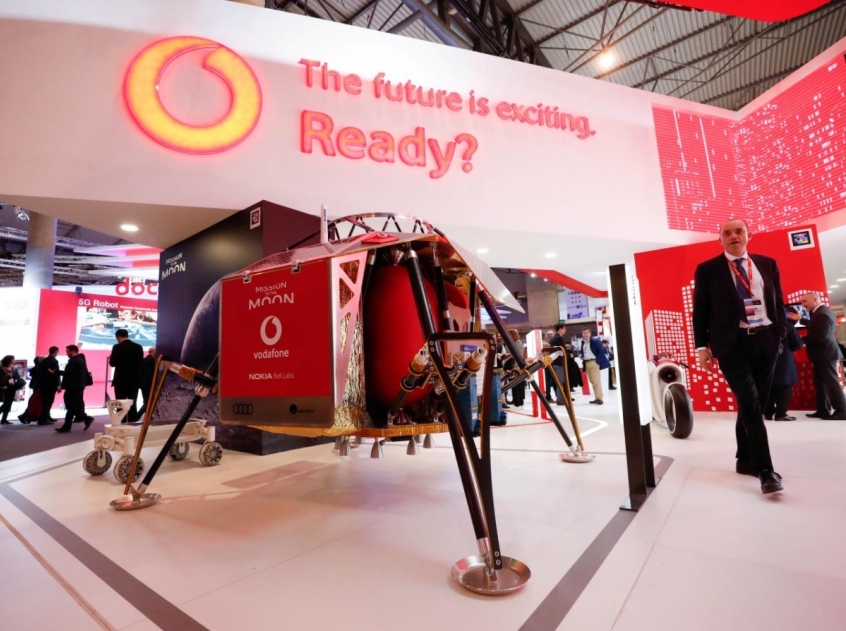
Berlin-based space exploration firm Part-Time Scientists (PTScientists) is planning on launching the first privately-funded mission to the moon. The firm has teamed up with carmaker Audi to transport rovers to the moon, which would then explore and study the lunar surface. On Feb. 27, telecommunications giants Nokia and Vodafone announced that they will be supporting the project by providing the 4G network necessary for the mission.
Audi is providing two quattro rovers, both of which have four-wheel drive technology. They will also have the ability to communicate with a base station and send high-definition video streams of the moon back to Earth, thanks to Nokia and Vodafone's 4G network.
Although Nokia and Vodafone are working together, they have separate and specific roles to play in the mission. Nokia's job is to build a piece of space-grade "ultra compact network" hardware that weighs less than a kilogram. Vodafone is in charge of the base station, which will enable the use of Nokia's network.
The network will be able to facilitate the communication between the base station and PTScientists by using the 1800 MHz frequency band. The data and video streams will then be received by the Autonomous Landing and Navigation Module (ALINA), which will then send the data off to PTScientists, who will be waiting in their facility on Earth.
"This important mission is supporting, among other things, the development of new space-grade technologies for future data networking, processing and storage, and will help advance the communications infrastructure required for academics, industry and educational institutions in conducting lunar research," said Marcus Weldon, Nokia's corporate chief of technology.
Here on Earth, wireless network technology is on its way to its fifth generation. 5G networks are predicted to be much faster than 4G networks, although PTScientists decided against using a 5G network for their mission on the moon. This is because 5G is still in its infancy, which means that it is still in its testing phase. This will likely make it unstable to use on the moon.
The mission is scheduled to launch from Cape Canaveral on a SpaceX Falcon 9 rocket in 2019.













